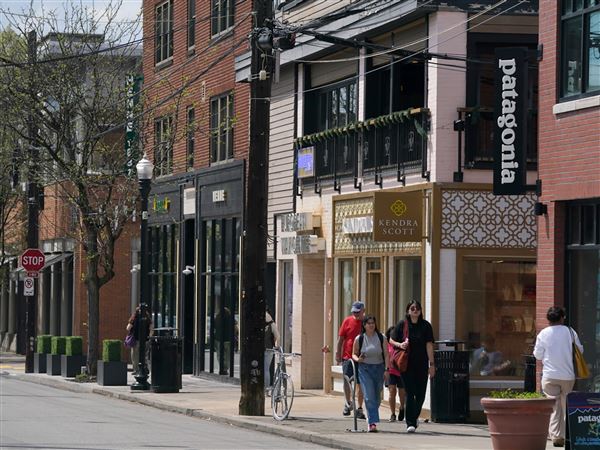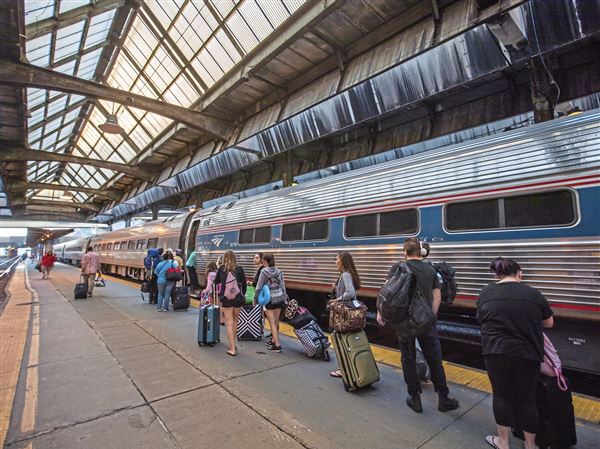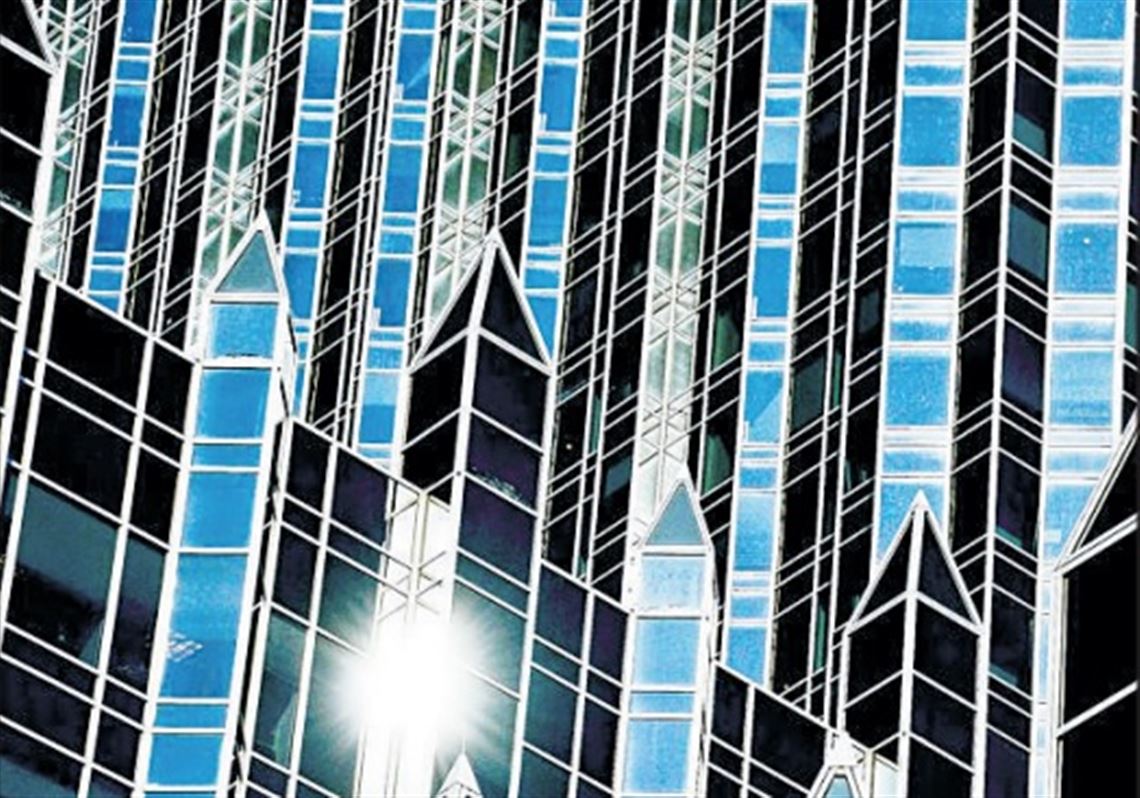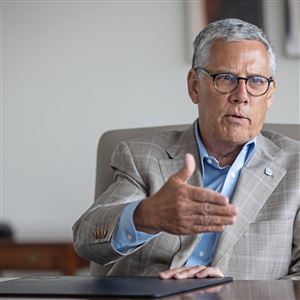A few short months ago, PPG’s CEO Michael McGarry declared that the Pittsburgh firm was “now the largest coatings company in Russia.”
In January, a month before Russia invaded Ukraine, PPG was looking to expand in that market.
Today, it is extracting the families of its employees from Ukraine to Poland, counting the millions in lost sales and impairment charges, and facing threats from Russian prosecutors who have warned that not paying workers in Russia could result in managers being imprisoned.
This has complicated the coating company’s plans to wind down operations in Russia, where it has four factories and 1,000 employees. The market represents about 1% of its total sales.
On the day the war began, PPG made the decision to stop selling aerospace, and other products to state-owned customers and sanctioned parties, Mr. McGarry told investors during PPG’s annual shareholder meeting on Thursday.
A large corporate exodus from Russia took care of much of the demand in other sectors.
“Virtually, all the automotive and industrial companies have reduced rates or zero rates,” Mr. McGarry said. “So right now, we're only selling coatings (for) packaging for food applications, because we don't think the Russian people should be harmed by the actions that their leadership are taking. And we're selling a little bit of architecture products that we're using to pay salaries.”
The company has pledged that any net profit it makes from these sales in 2022 will be donated to Ukrainian humanitarian efforts.
“We're trying to protect our Russian employees,” Mr. McGarry said. But the company is also concerned about running afoul of Russian laws — those currently on the books and others in the works — to prevent foreign companies from leaving Russia.
“The issue that most people don't realize is that if we don't pay our people, the management team could go to jail,” he said. “So, we're worried about that. They've already been called into the local prosecutor's office.”
PPG has 38 Ukrainian employees, the company said, with most working in Poland. “We've been able to extract the vast majority of their families out of Ukraine and have them in Poland,” Mr. McGarry said.
The company has also donated more than $800,000 to relief efforts.
‘Number one’
In 2017, PPG built its first manufacturing plant in Russia, in the western town of Lipetsk, although it has been in the country for much longer, supplying customers from factories outside of Russia.
Last April, Mr. McGarry told analysts that when it came to Russia, PPG was “number one in automotive. We're number one in the premium refinish. We're number one in packaging, number one in aerospace.”
Two months later, PPG finalized its $1.8 billion acquisition of Tikkurila, a Finland-based producer of decorative and industrial paints, which greatly expanded its presence in Russia and added three other factories to its payroll.
That’s when Mr. McGarry declared PPG the top coatings brand in Russia. “And our architectural business is substantially bigger than the number two guy,” he said. “I think this is going to be an opportunity for us to grow share in Russia through advantage products. And that's going to be a win for us long-term in Russia.”
The long-term looks murky, at best, today.
On Thursday afternoon, PPG disclosed a $290 million impairment charge on its operations in Russia. Winding down those operations also increased the company’s effective tax rate by 9%.
Lost sales, due to the war, were estimated to be about $20 million during the first quarter and are expected to be around $100 million in the second quarter, the company said.
“PPG intends to continue to sell a minimum amount of essential products in Russia because it is necessary to generate local currency in order to maintain employment and meet payroll,” PPG’s spokesman Mark Silvey said. “Like many other businesses operating in Russia, we are experiencing a number of challenges in relation to our supply chain logistics and declining volumes. Given the significant impact on travel and transport in the region, we anticipate supply chain challenges to continue to worsen over the coming weeks.”
Anya Litvak: alitvak@post-gazette.com
First Published: April 22, 2022, 2:08 p.m.

















